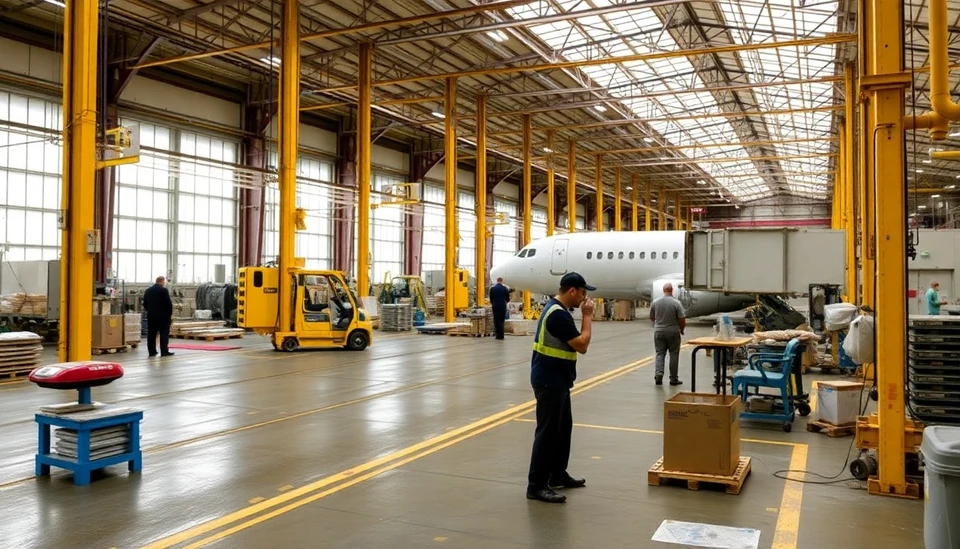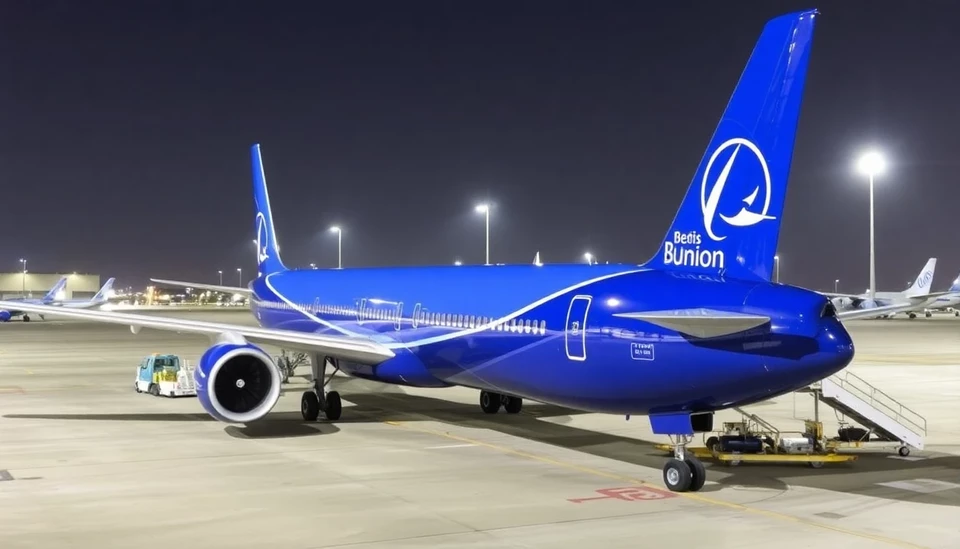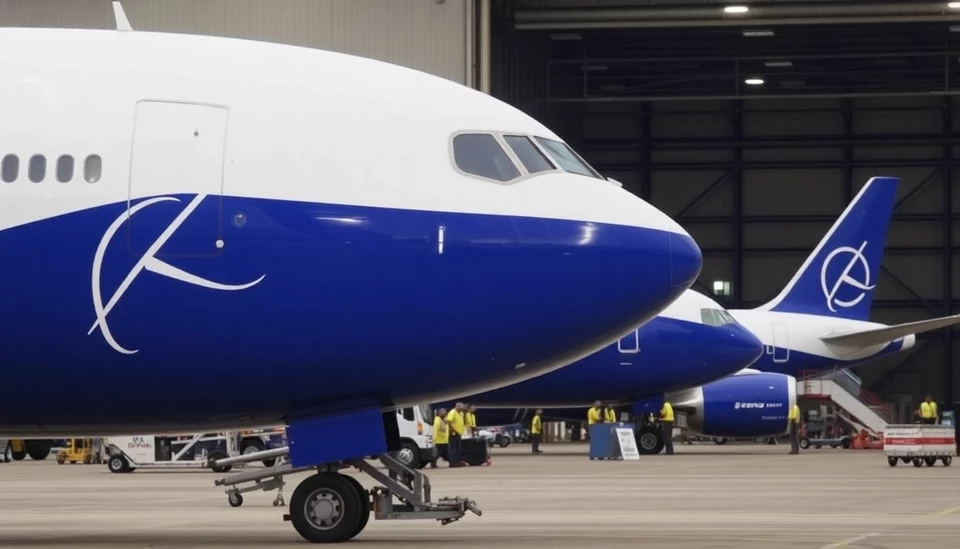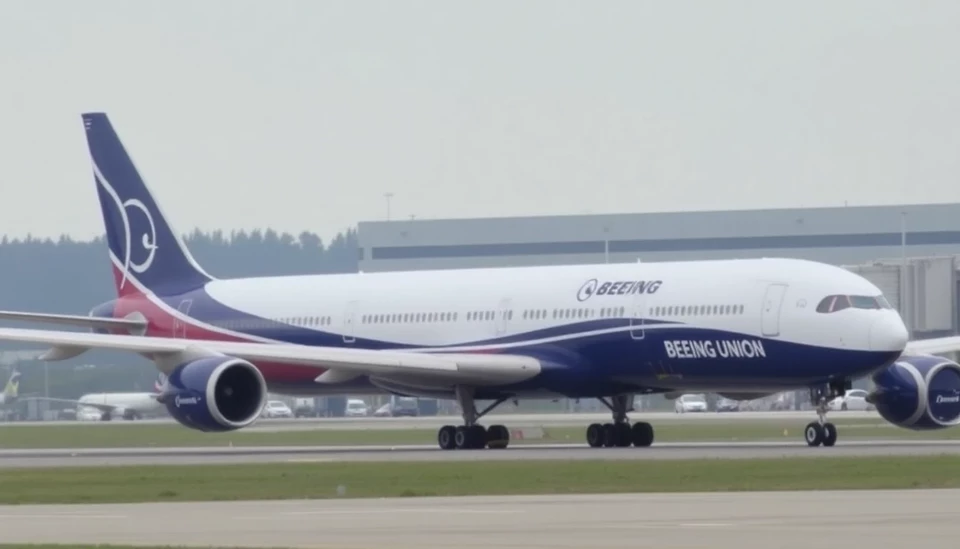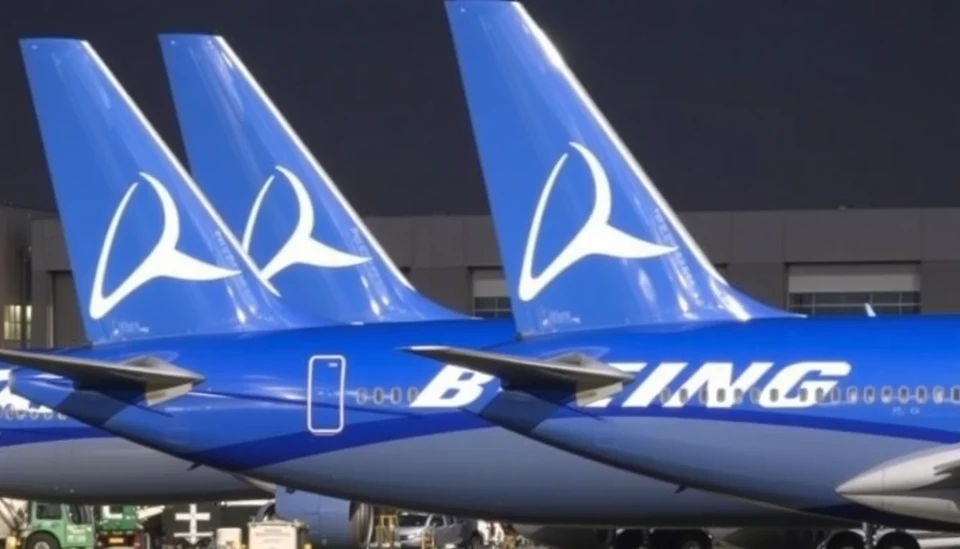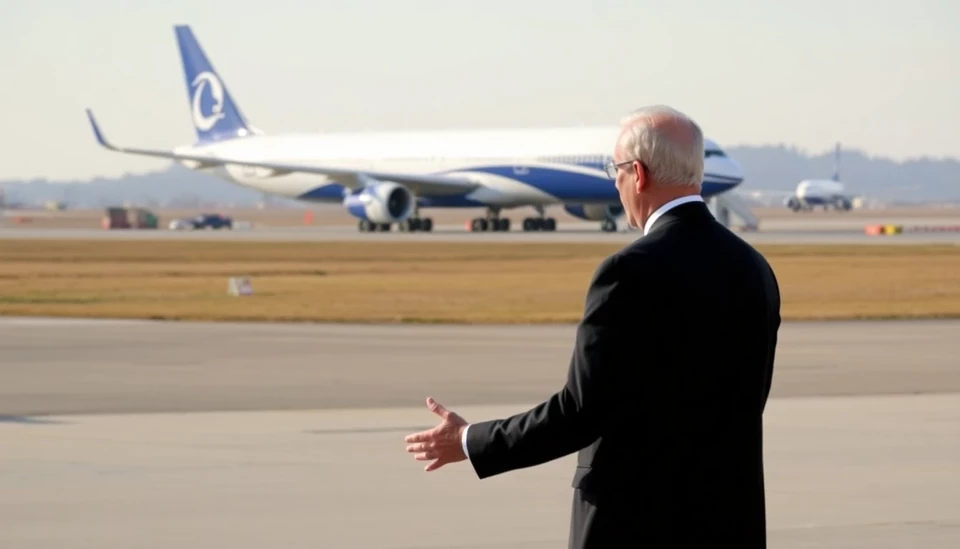
The ongoing labor dispute at Boeing remains unresolved as both sides have reached an impasse in negotiations. Mediators are now intensively working to bridge the gap between the aircraft manufacturer and its striking workers, who have been absent from their posts for an extended period of time. This situation has raised concerns about production delays and the broader impacts on the aviation industry.
As of now, Boeing's production lines are facing significant slowdowns, with the company already grappling with a backlog of orders. The strike began amidst a complicated backdrop of rising inflation and labor shortages, which have complicated negotiations even further. Workers are demanding better wages and improved working conditions, issues that have historically been points of contention within the aerospace sector.
The mediators, tasked with facilitating discussions between Boeing and the labor unions, are exploring possible solutions that have been elusive to both parties thus far. Numerous meetings have taken place, yet a consensus remains out of reach. Stakeholders from both sides are growing increasingly anxious, as continued standoffs threaten to derail Boeing's financial recovery and exacerbate issues plaguing the supply chain.
Industry analysts have begun to closely monitor the situation, speculating that an extended strike could lead to significant repercussions not just for Boeing, but the wider aerospace market. As production halts and backlogs grow, potential customers may start looking elsewhere for their aviation needs, jeopardizing Boeing’s competitiveness.
In response to mounting pressures, Boeing has conveyed its willingness to negotiate and make concessions, but the union representatives have countered that they will not accept a proposal perceived as insufficient. This tug-of-war has left mediators racing against time, as every day the strike persists translates to further financial losses for the company.
Fear of a prolonged stalemate has prompted calls from community leaders and economic experts alike for both parties to put aside differences. They emphasize the need for an agreement that could restore normalcy not only to Boeing’s operations but also reinvigorate confidence among suppliers and stakeholders in the airline ecosystem. The stakes are high, and the future remains uncertain.
Moving forward, both Boeing and the unions must find common ground through dialogue. The coming days will be crucial for determining whether a breakthrough can be achieved, or if the stalemate will continue to cast a shadow over Boeing's operational capabilities.
As the discussions evolve, the attention of the aviation world remains fixed on Boeing, with both employees and investors anxiously awaiting a resolution to this pivotal labor dispute.
#BoeingStrike #LaborDispute #Negotiations #AerospaceIndustry #ProductionDelay
Author: John Harris
